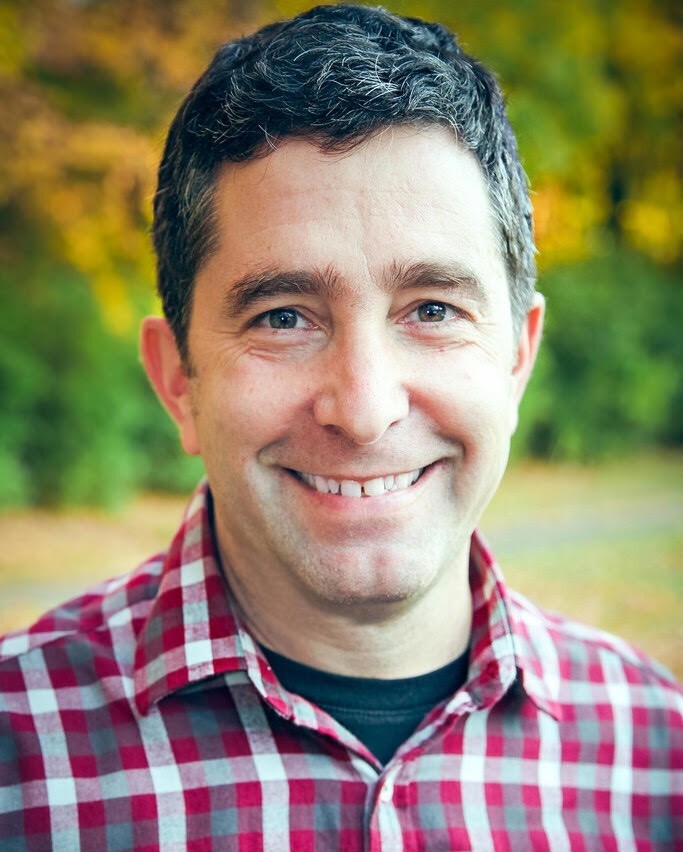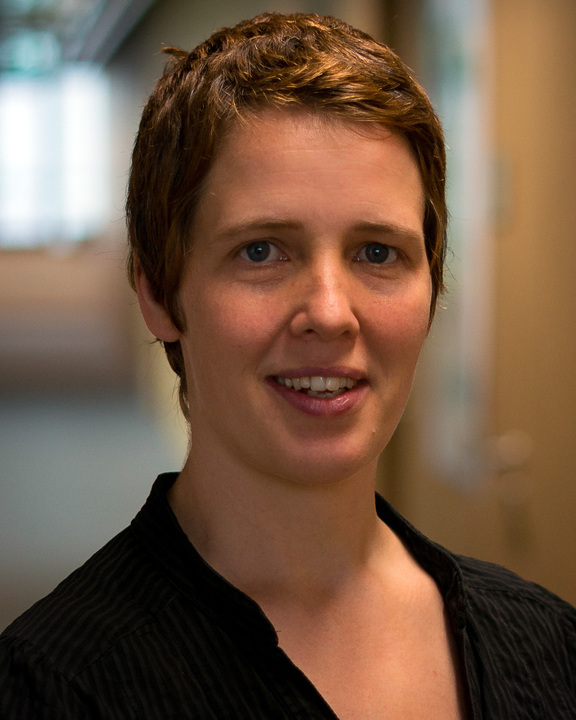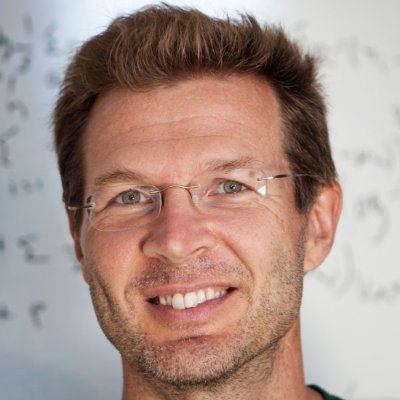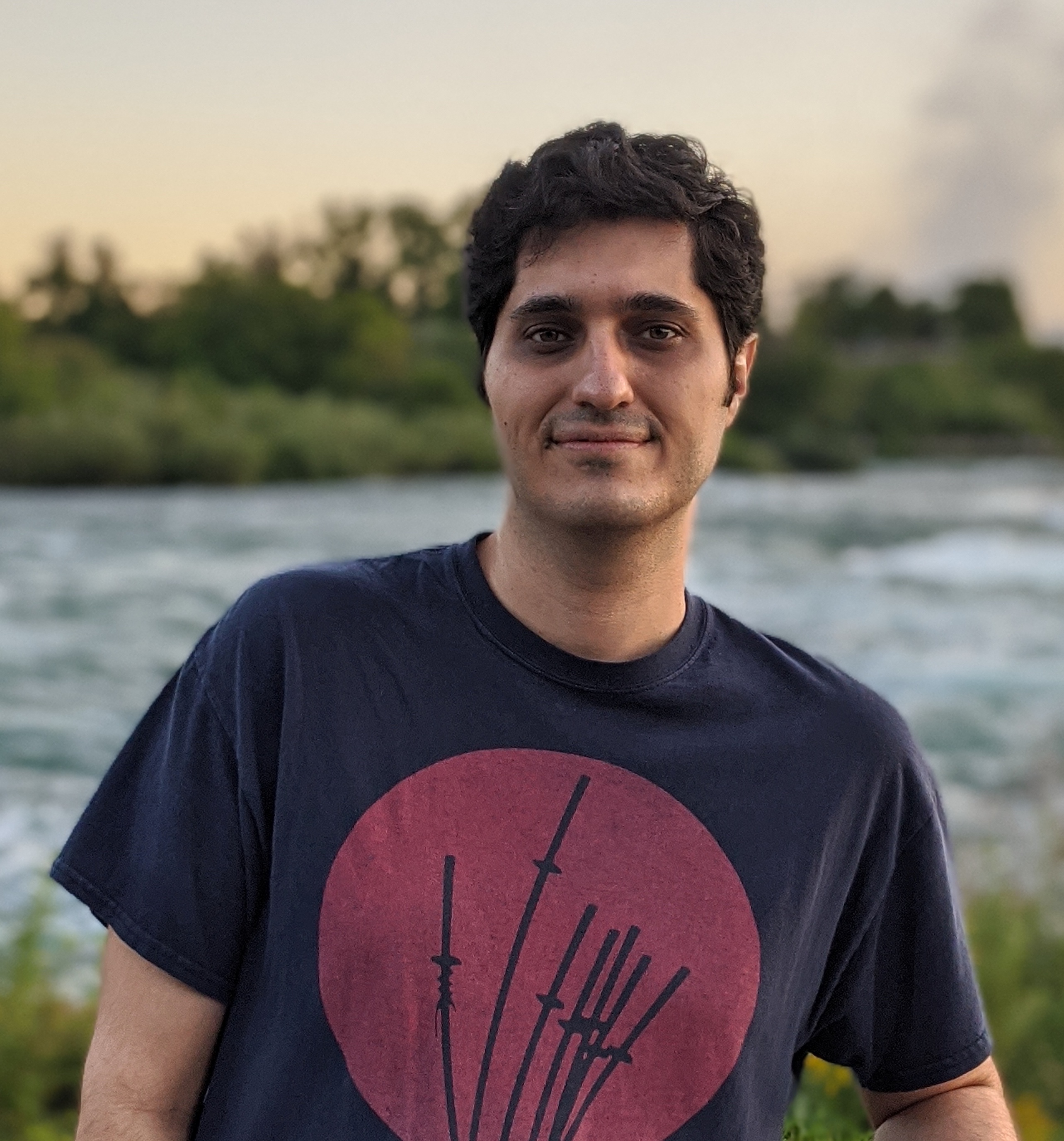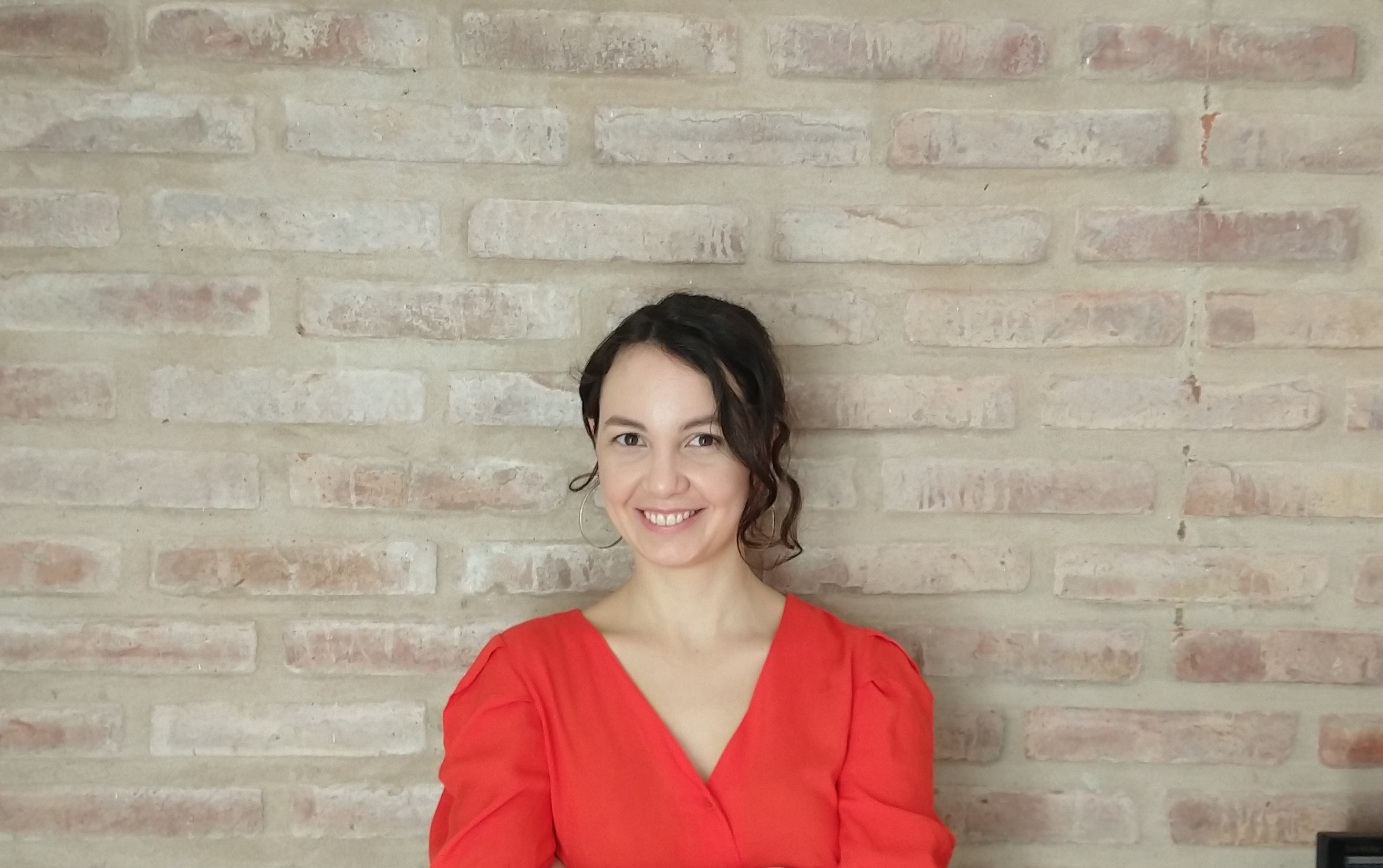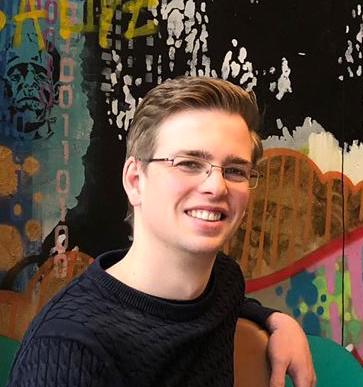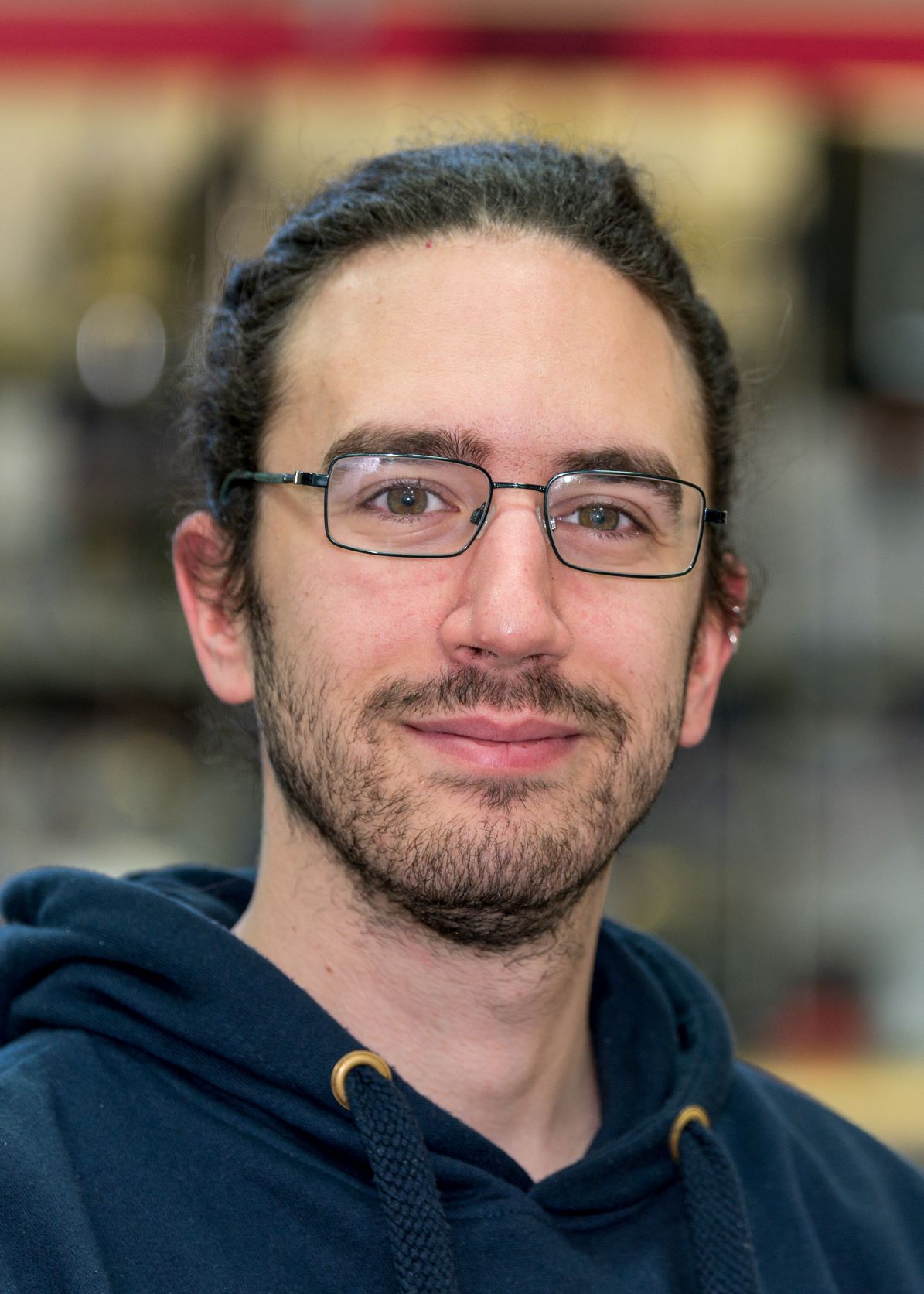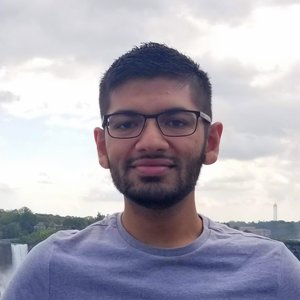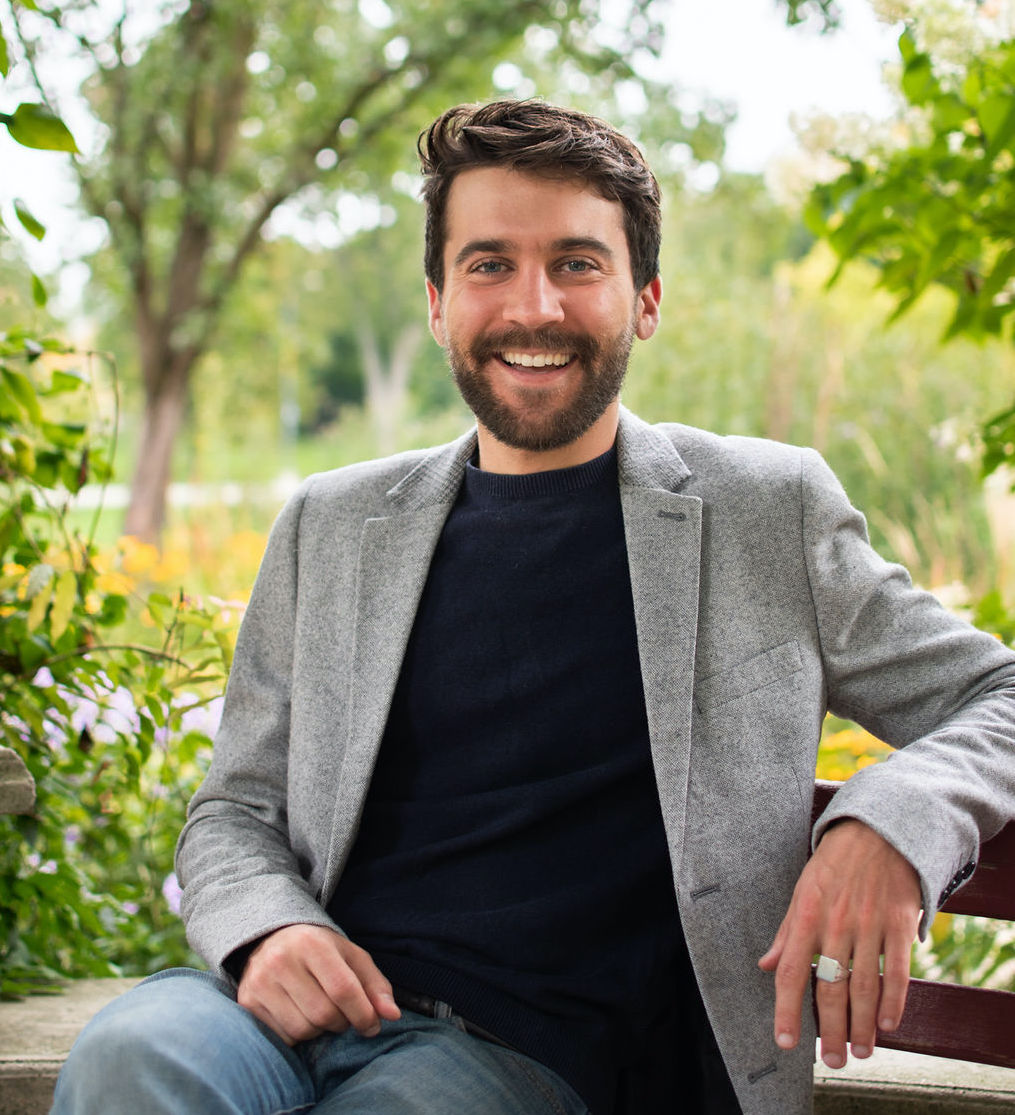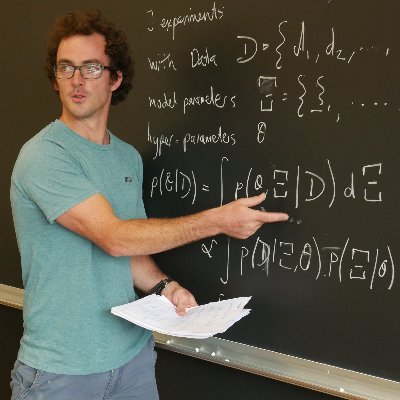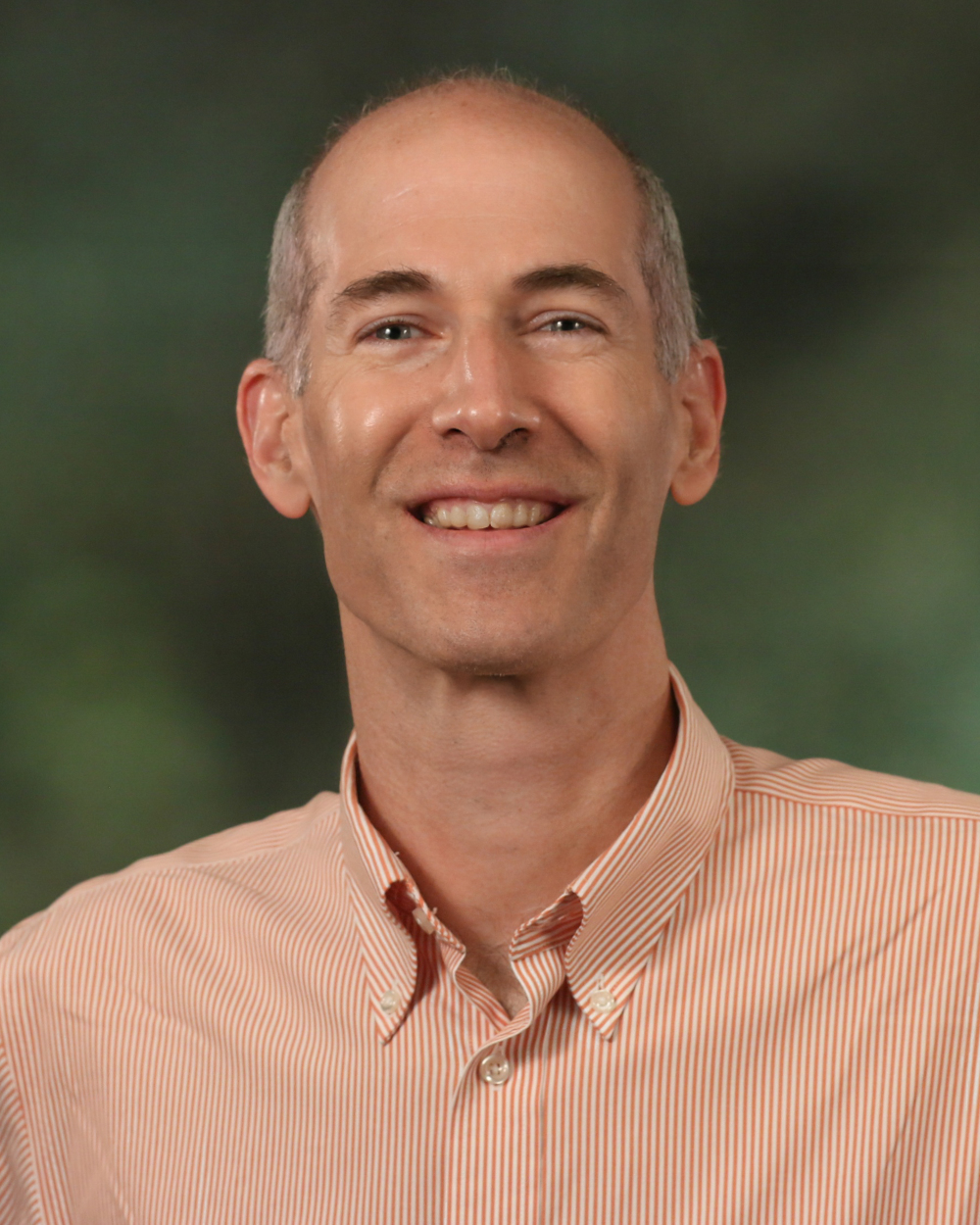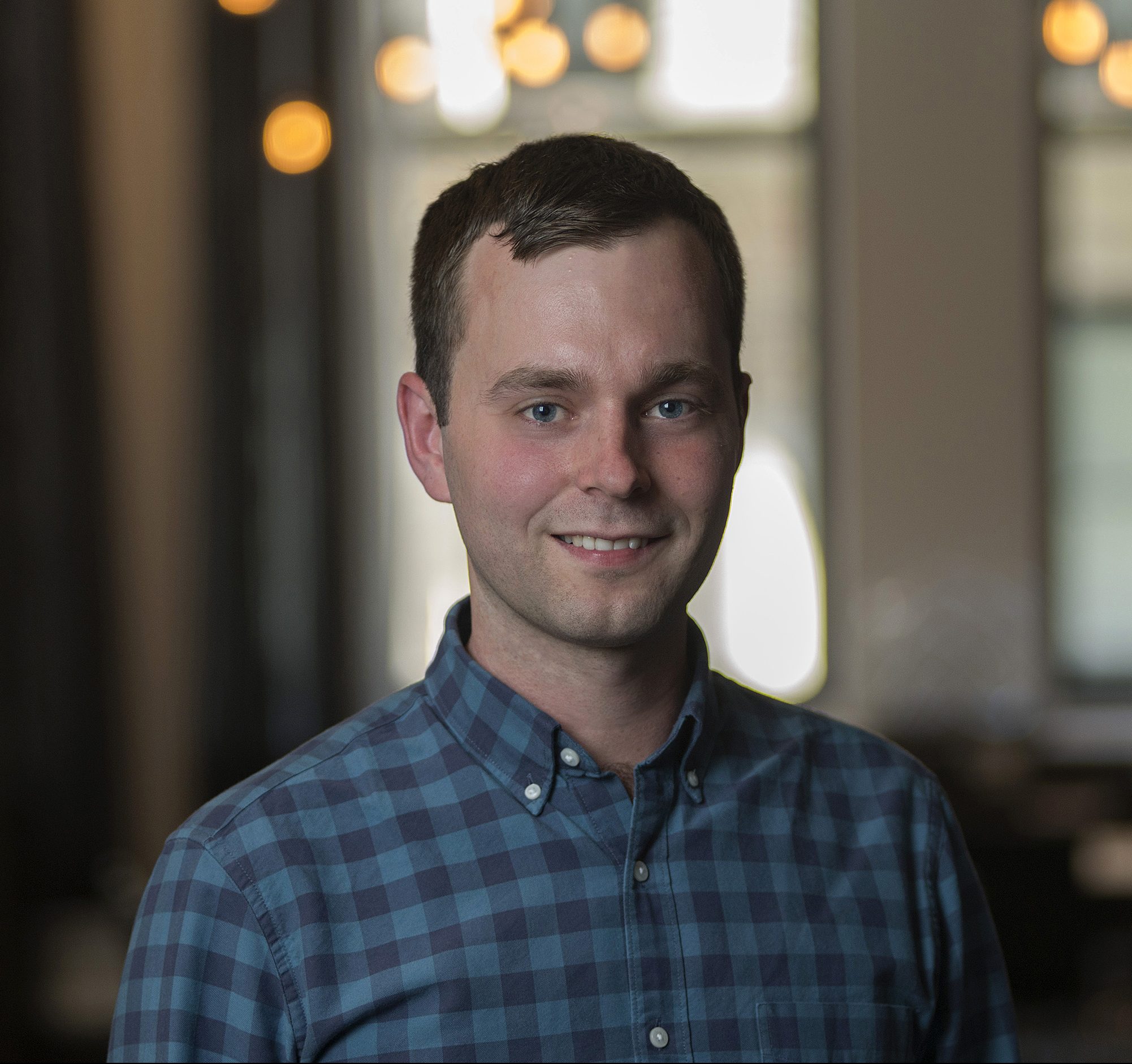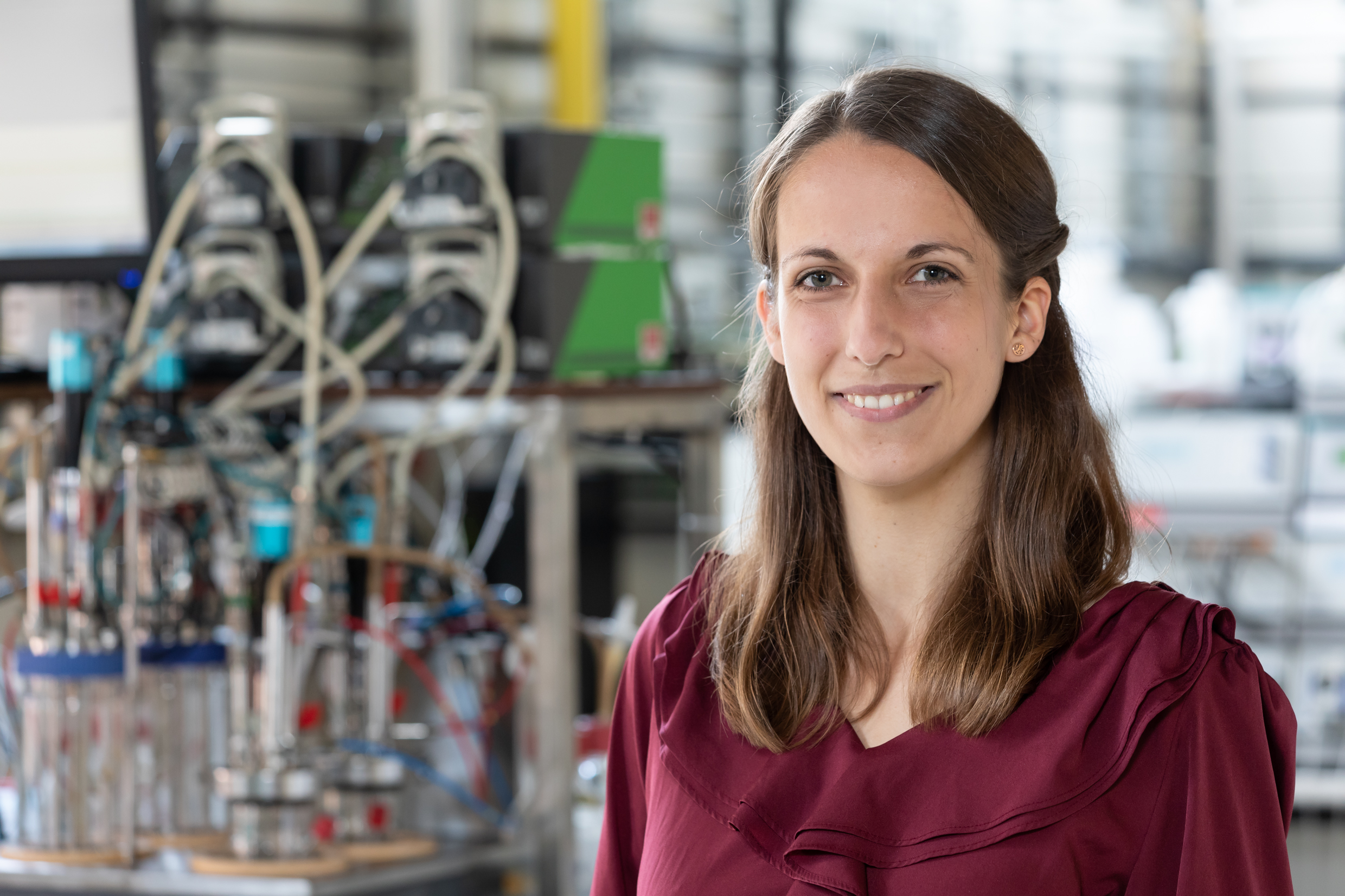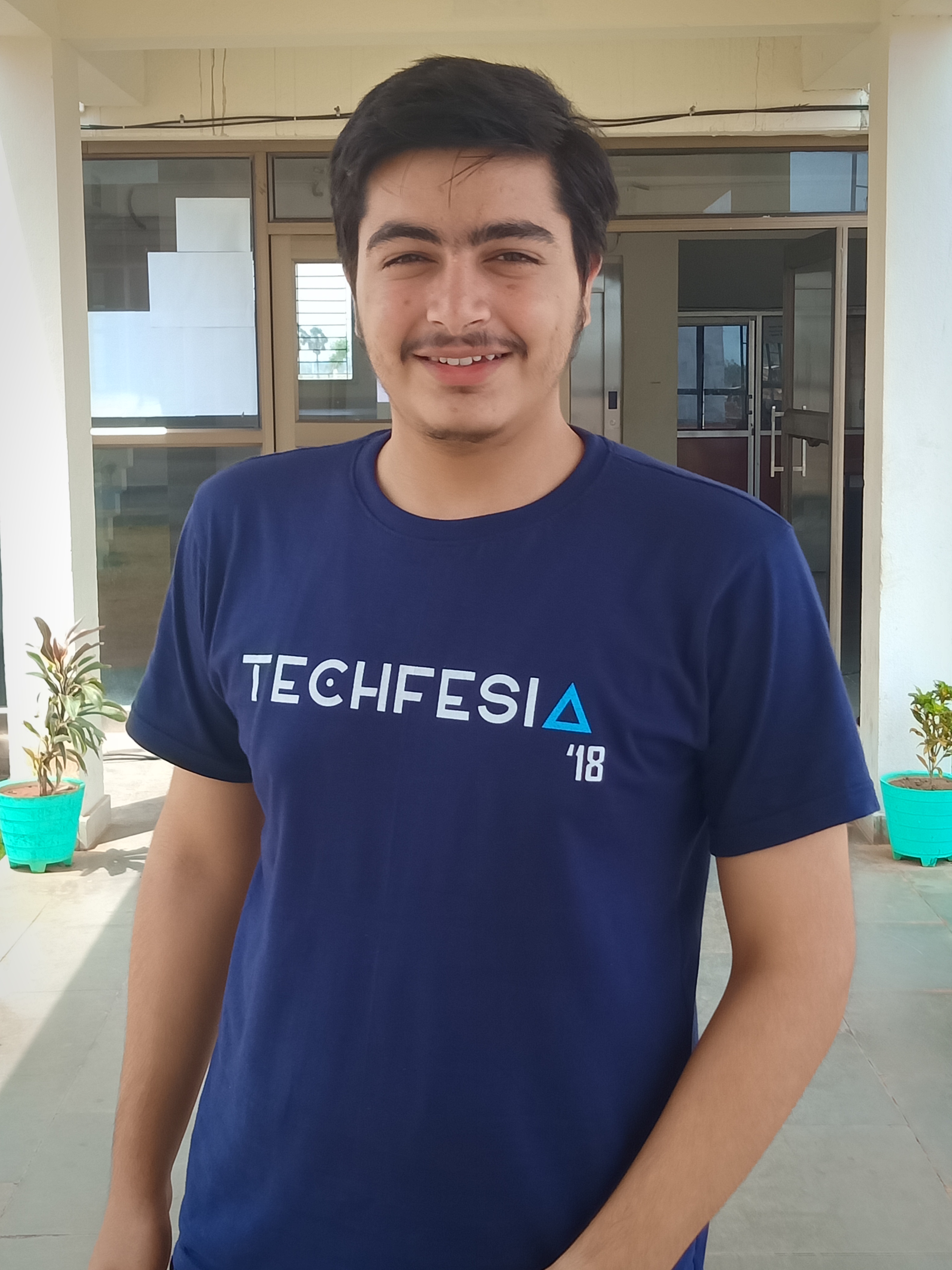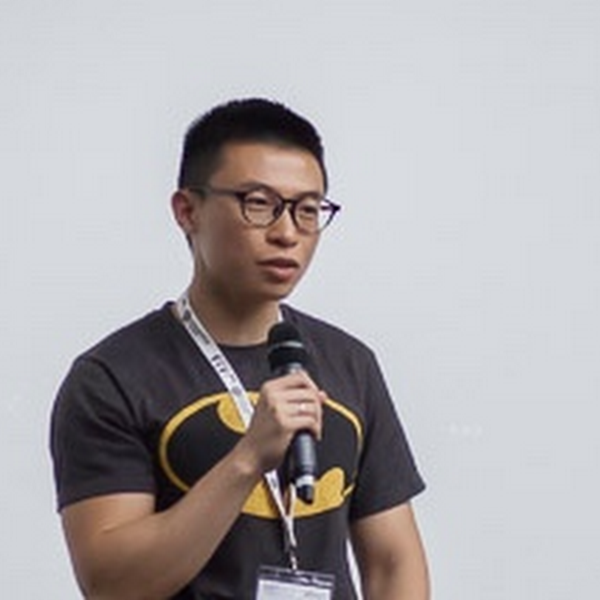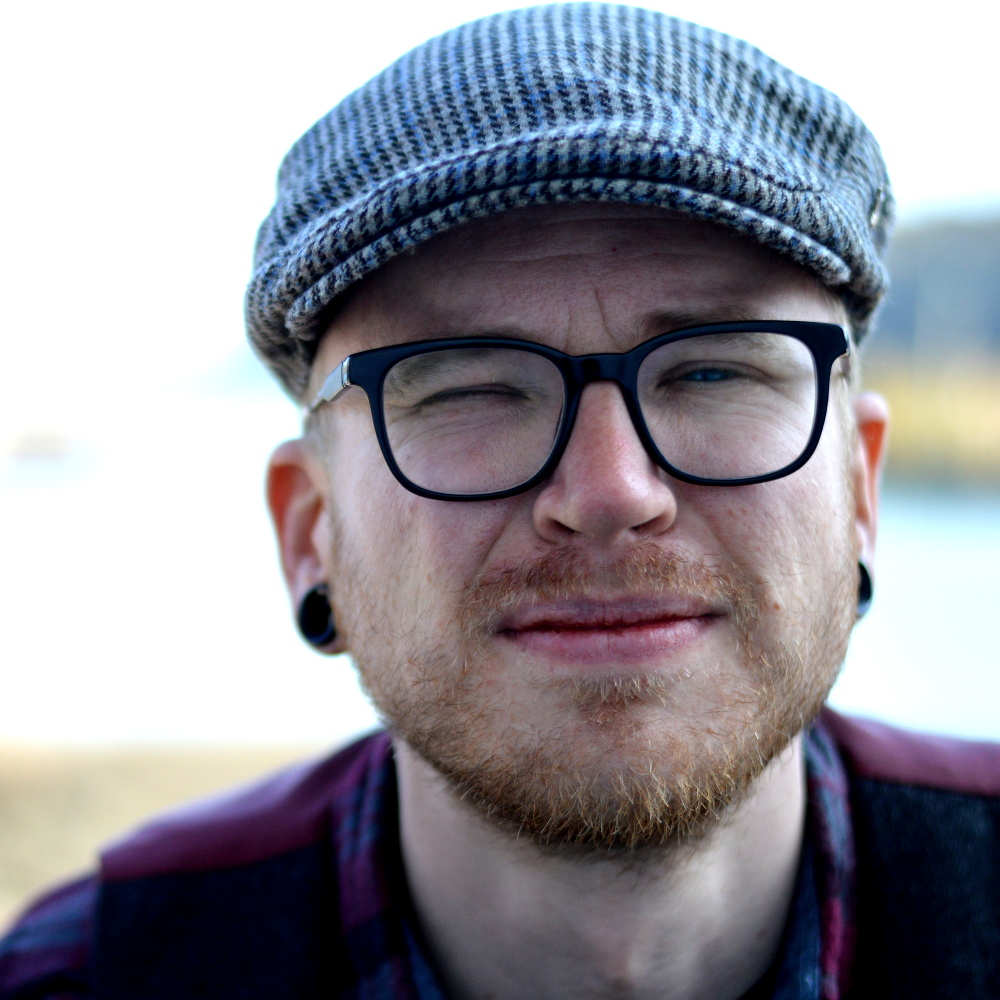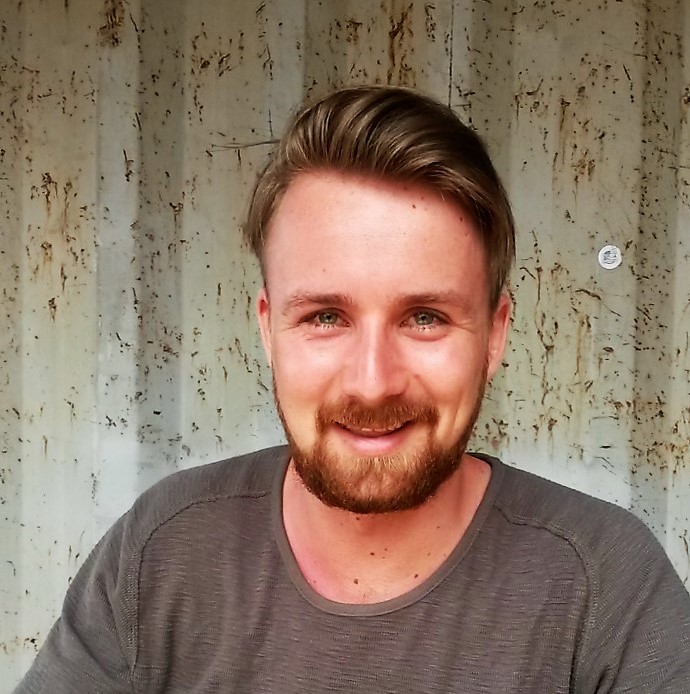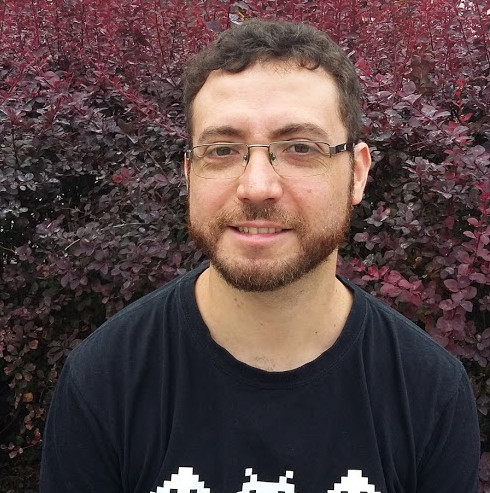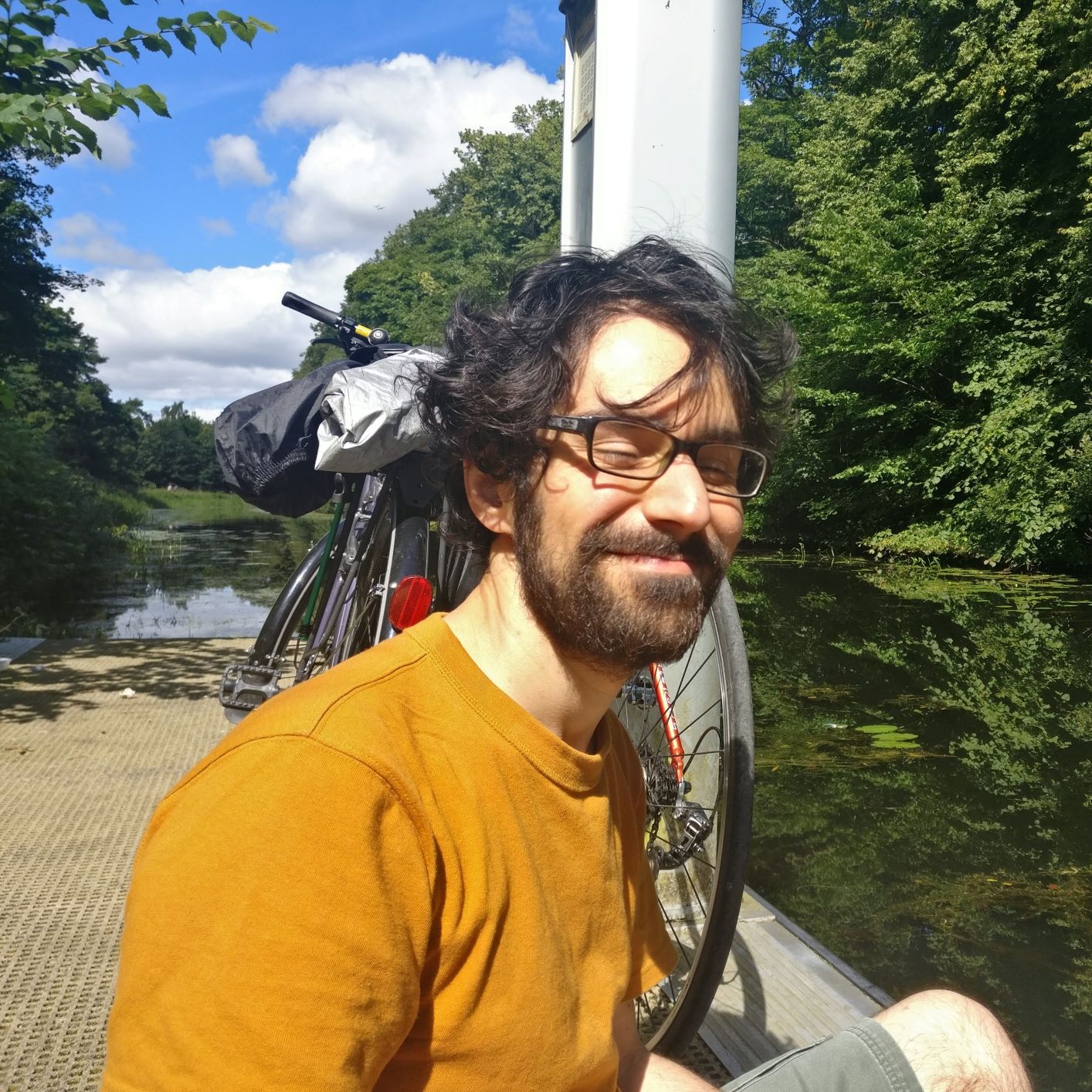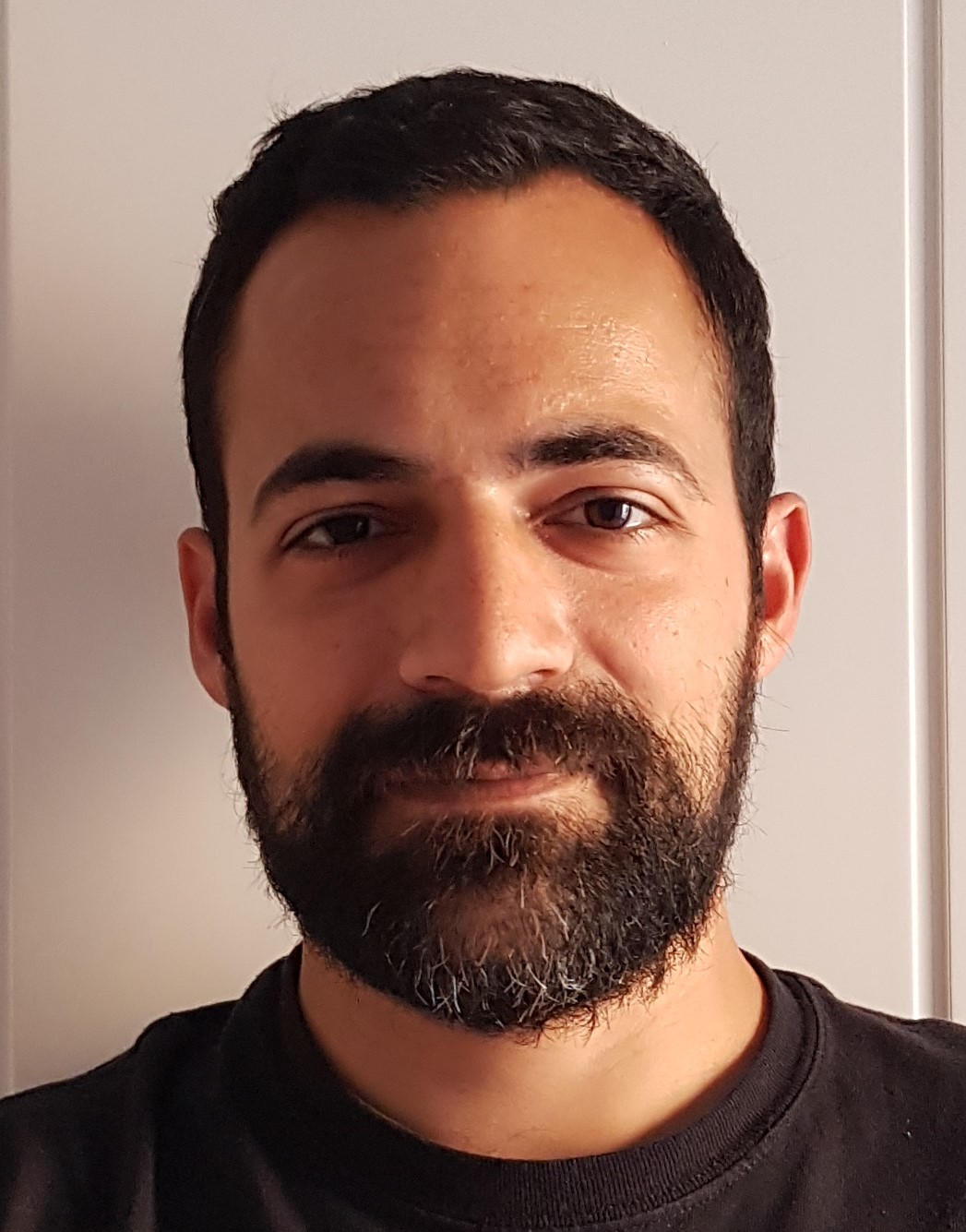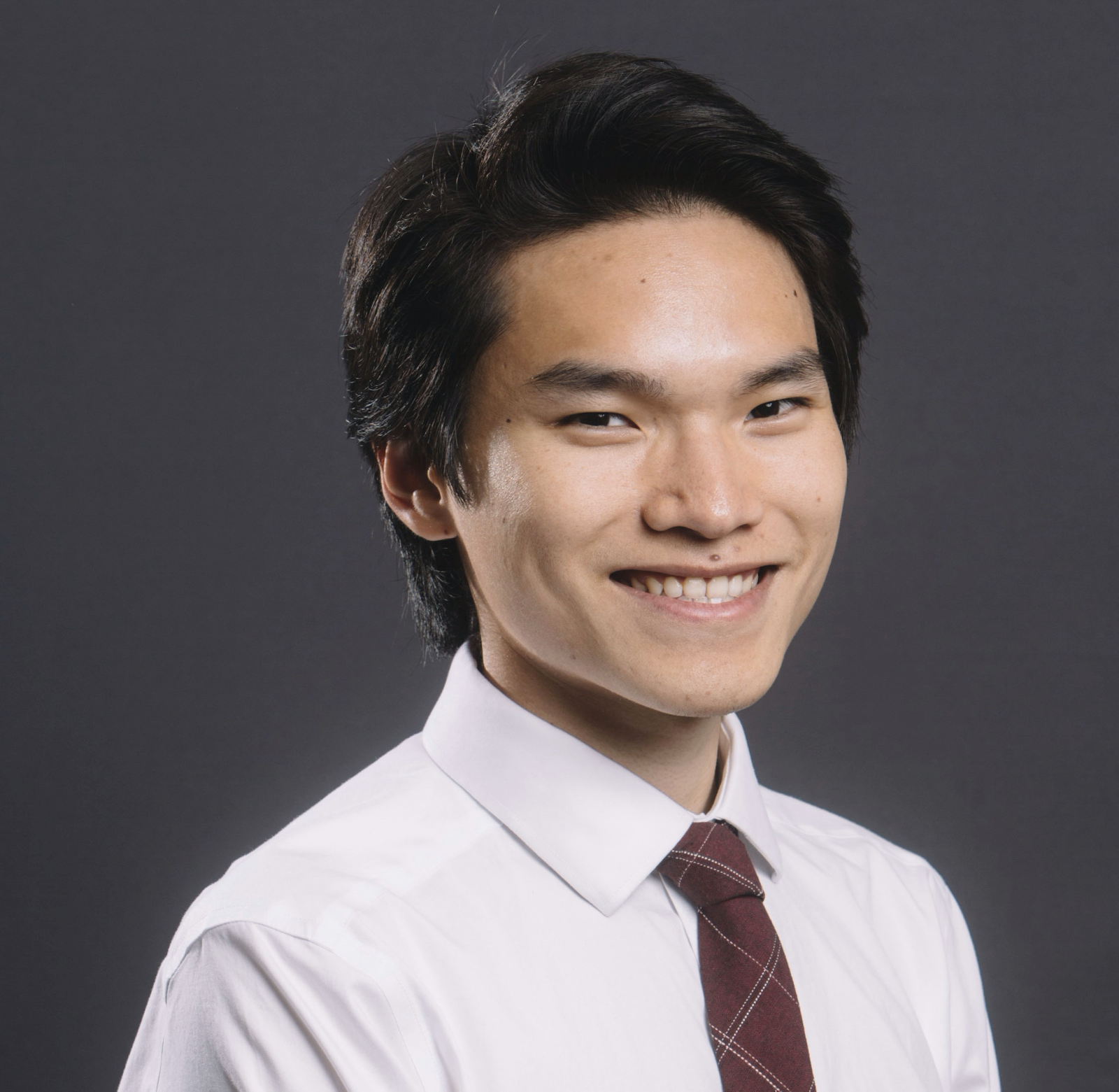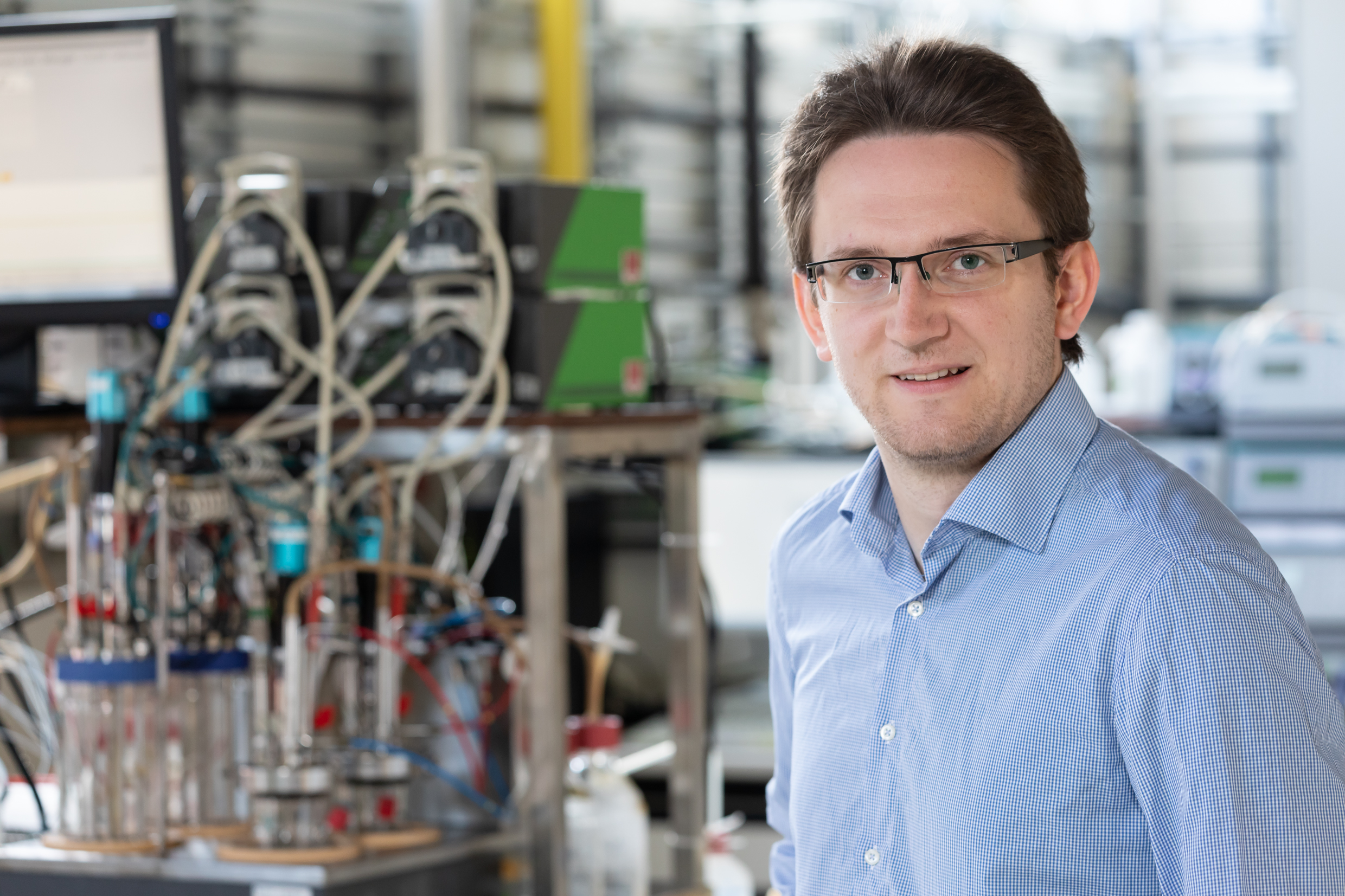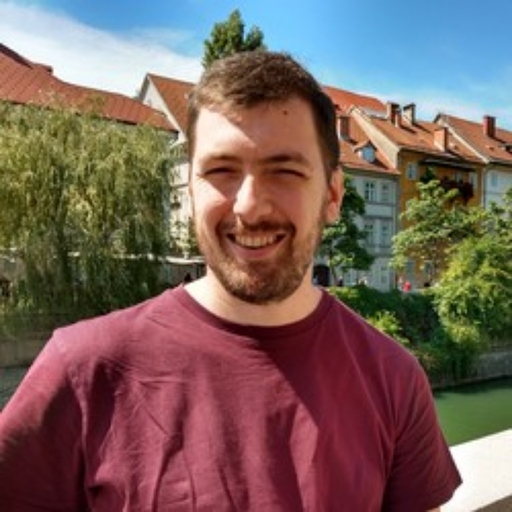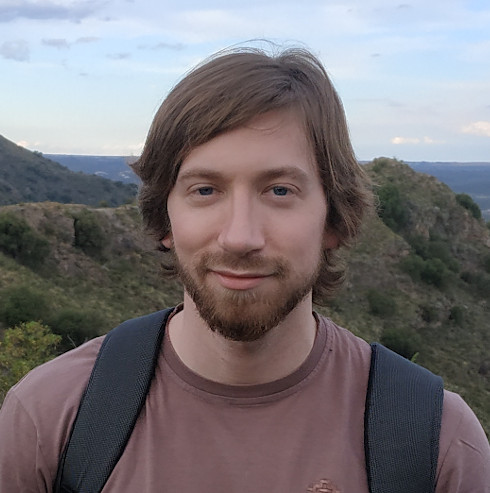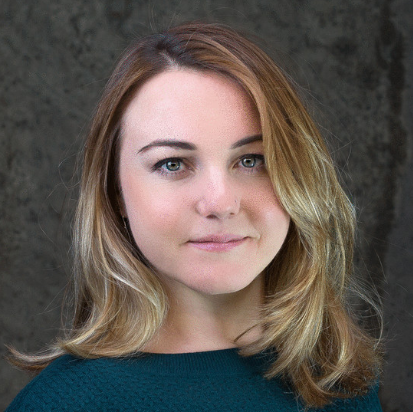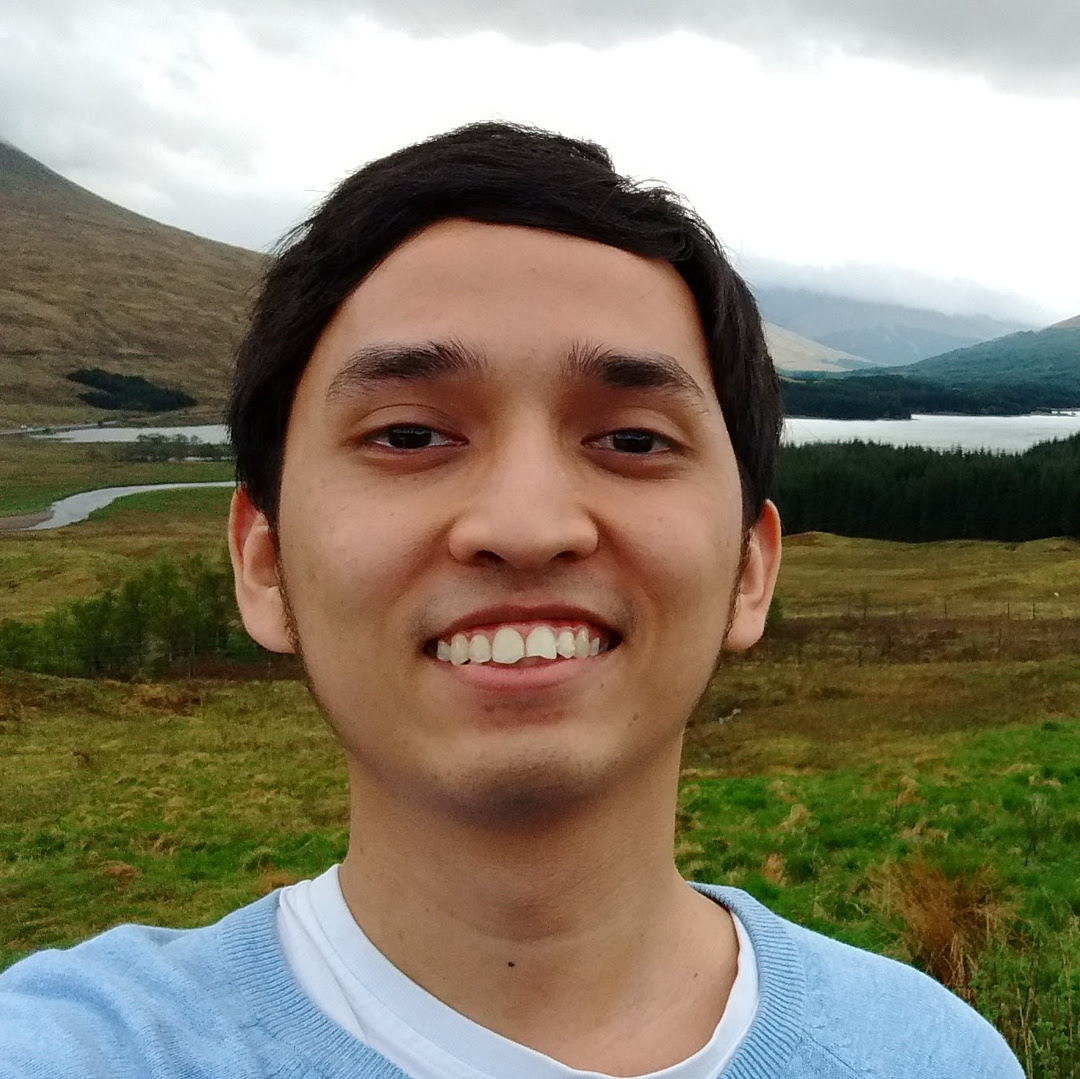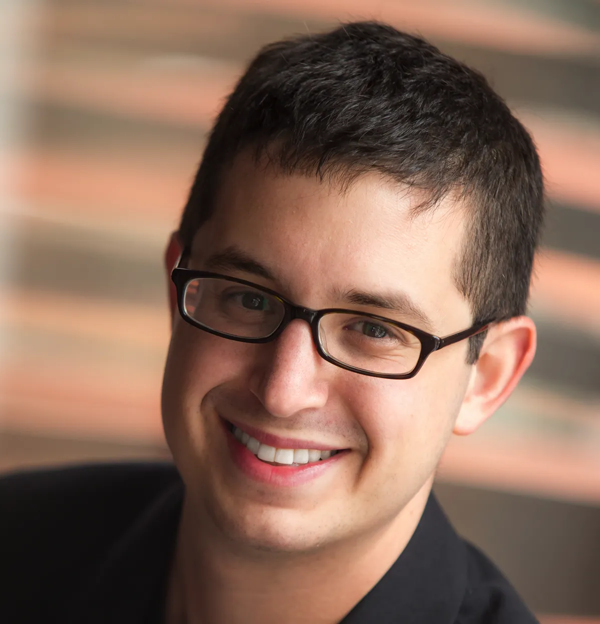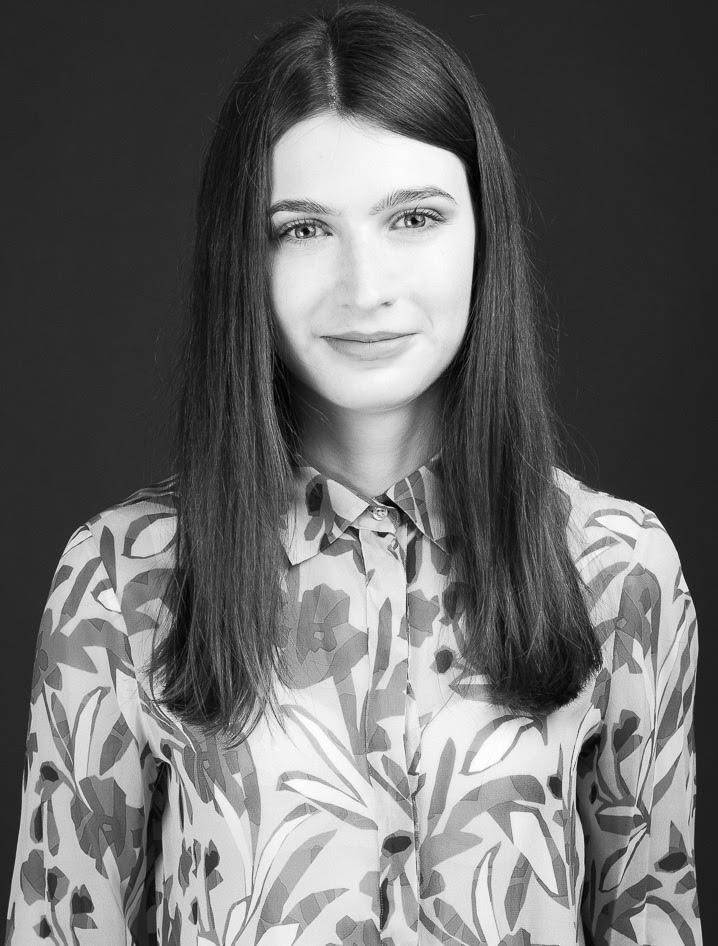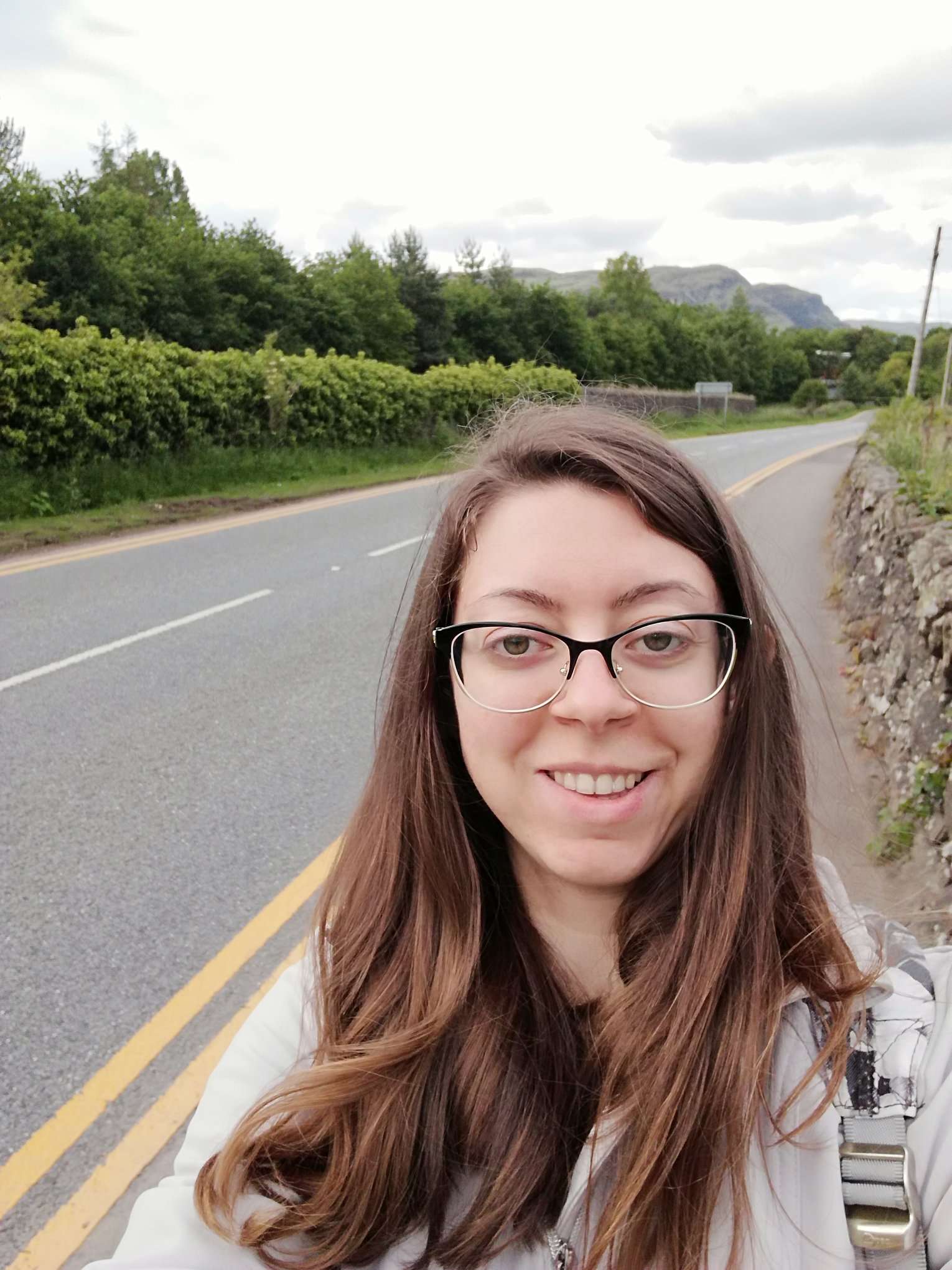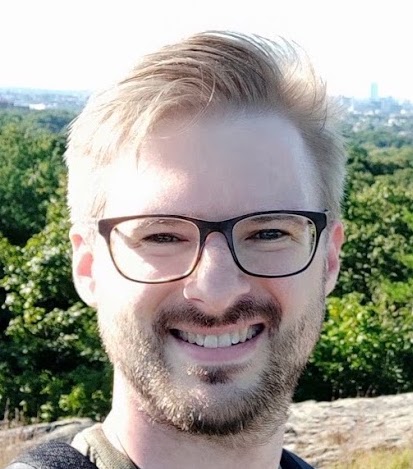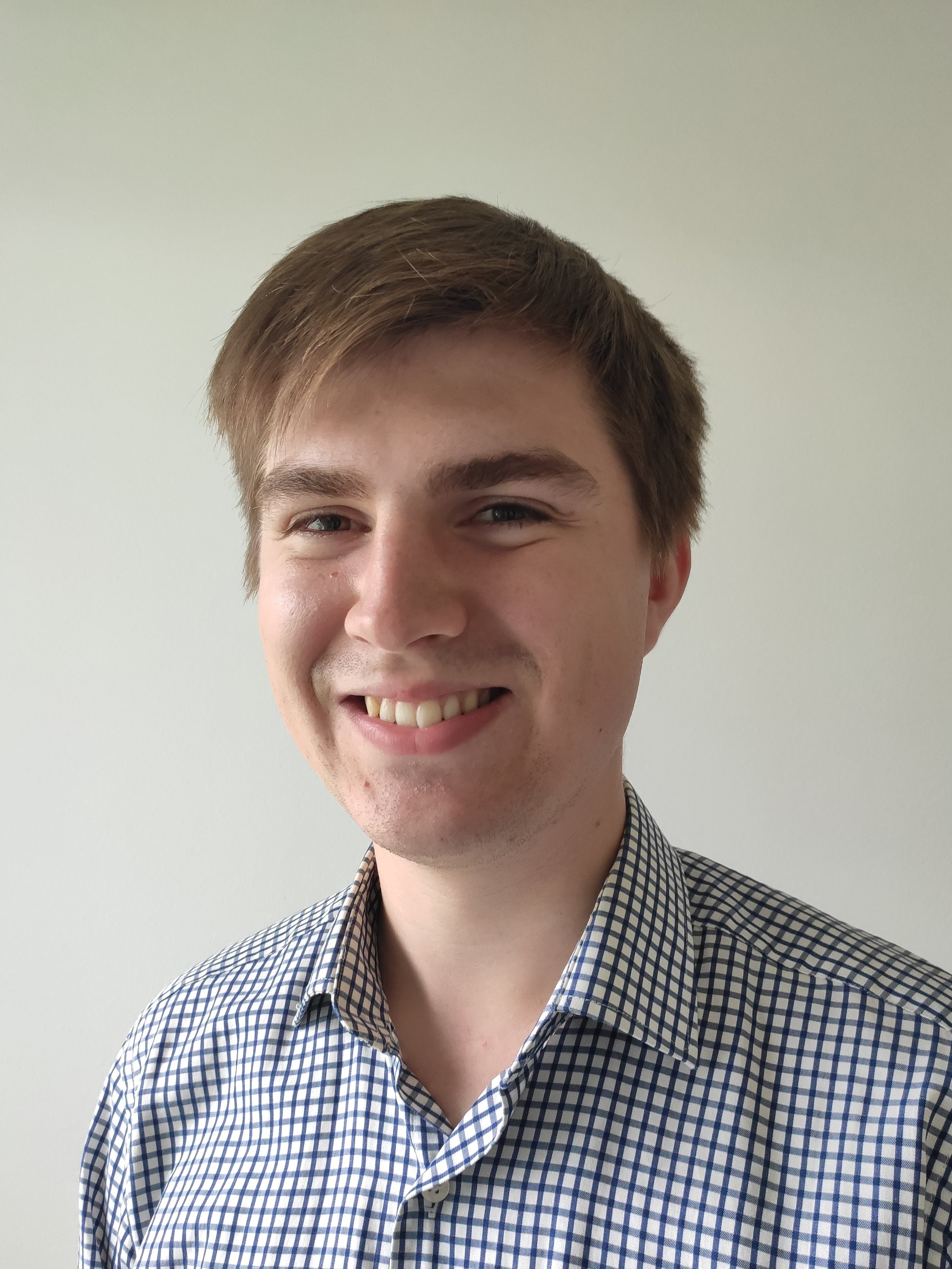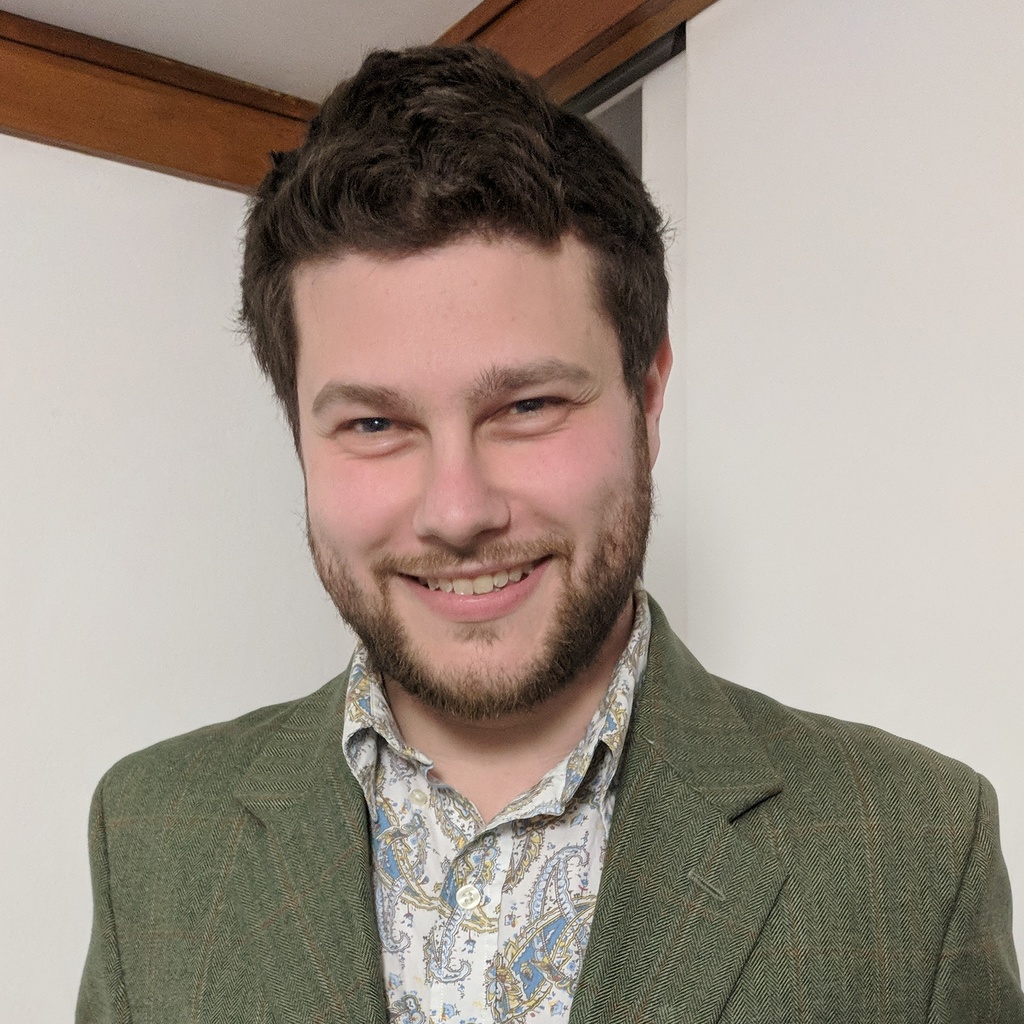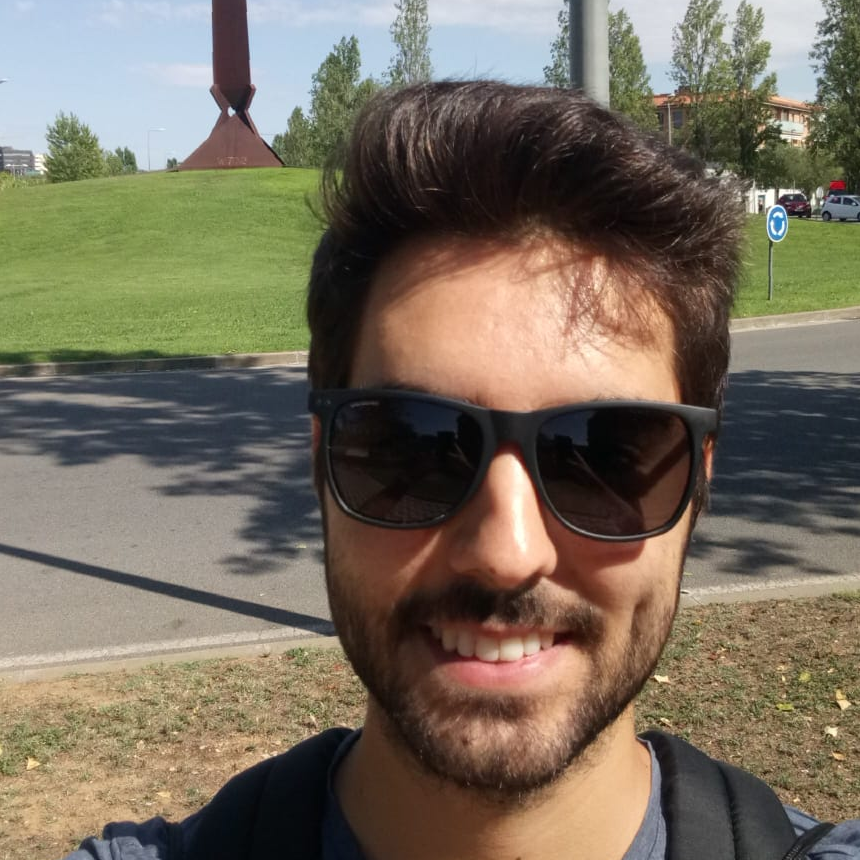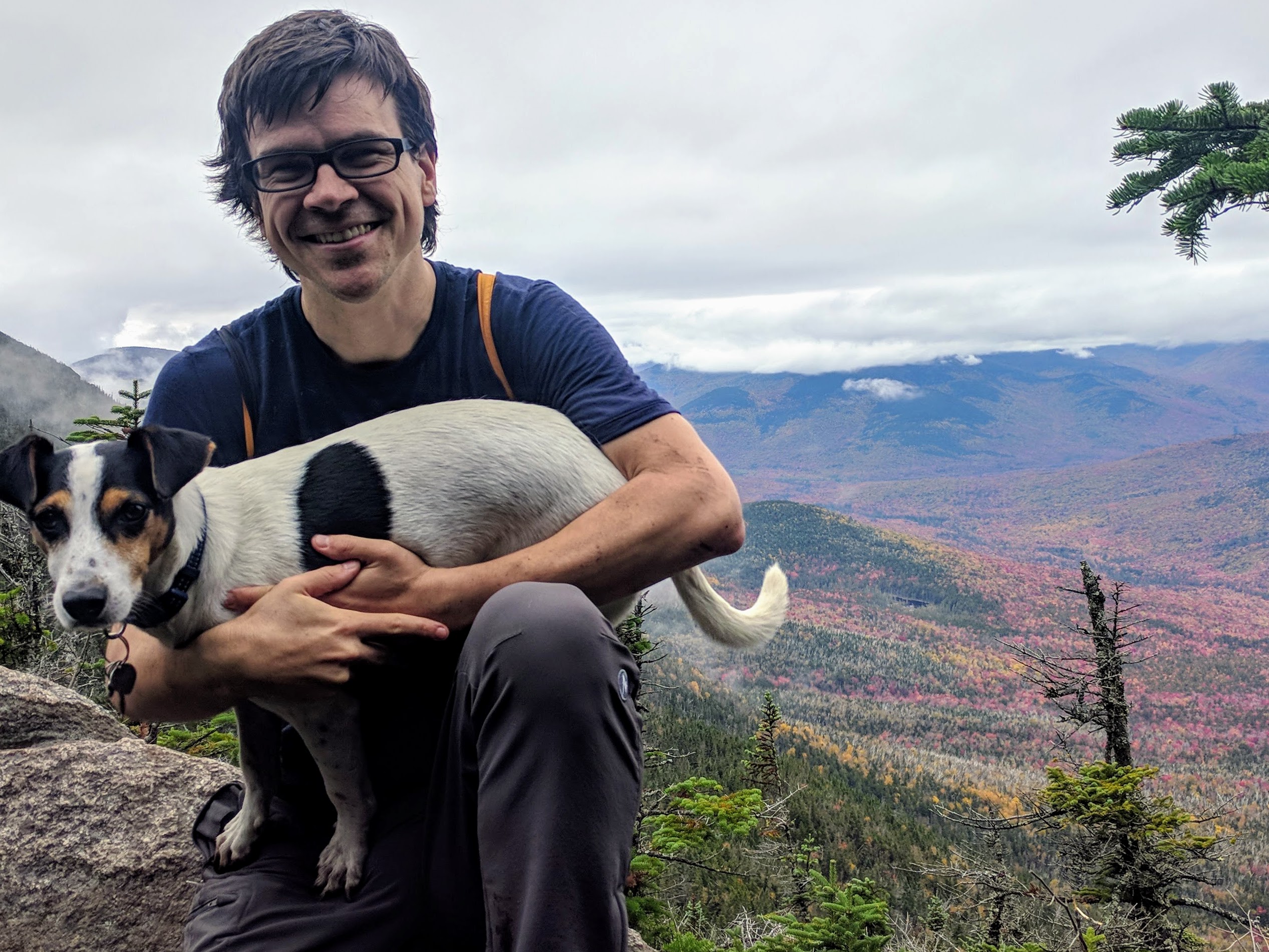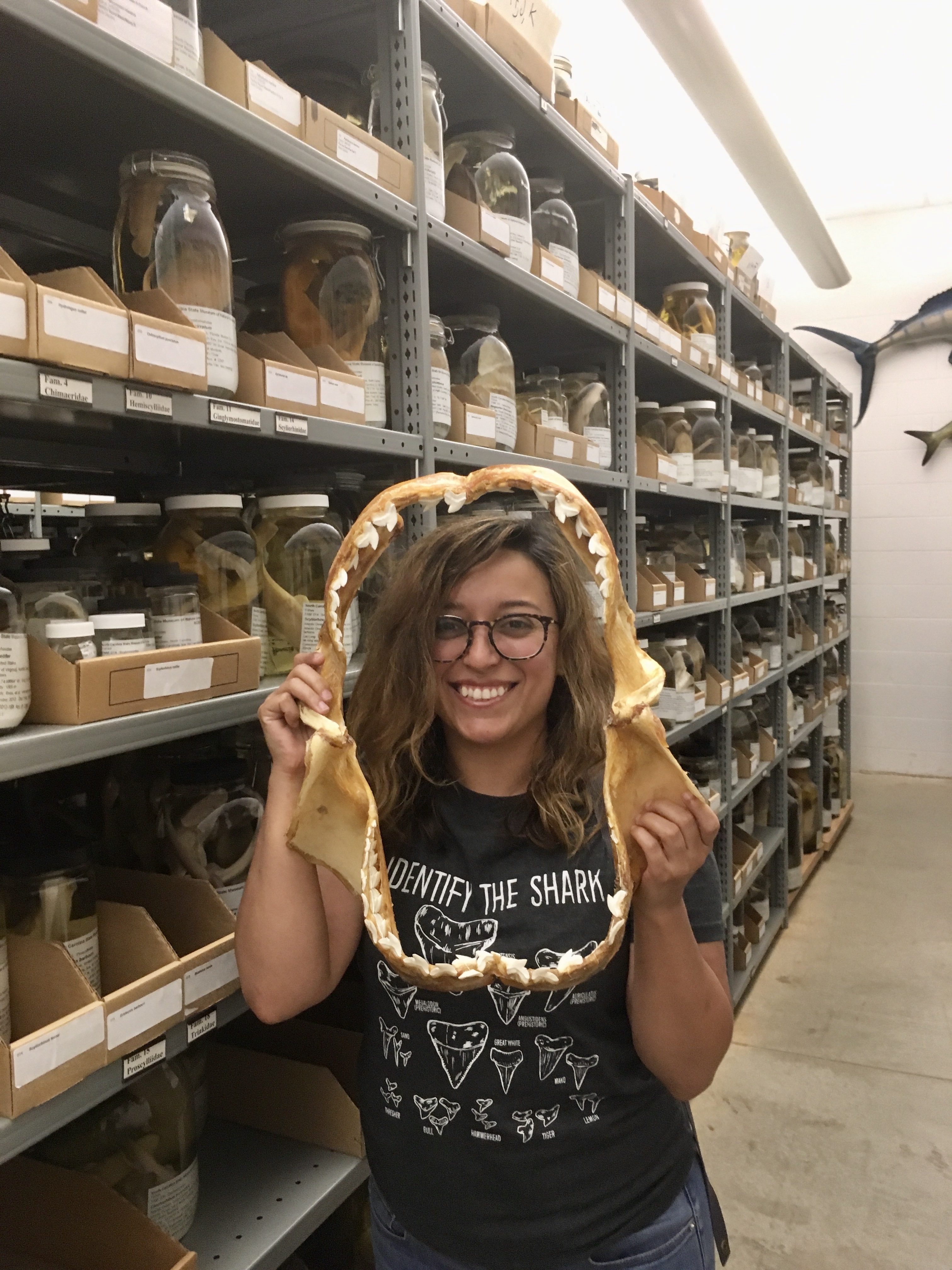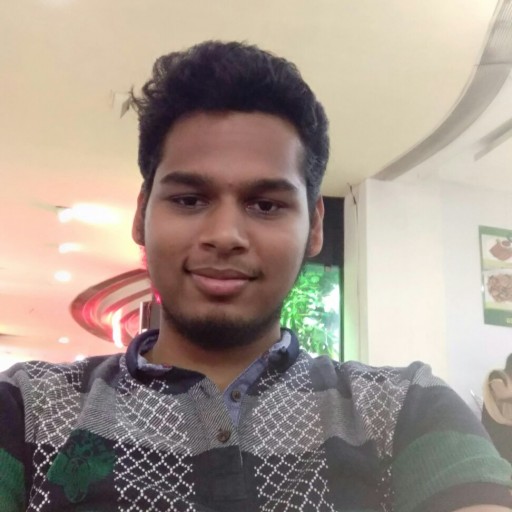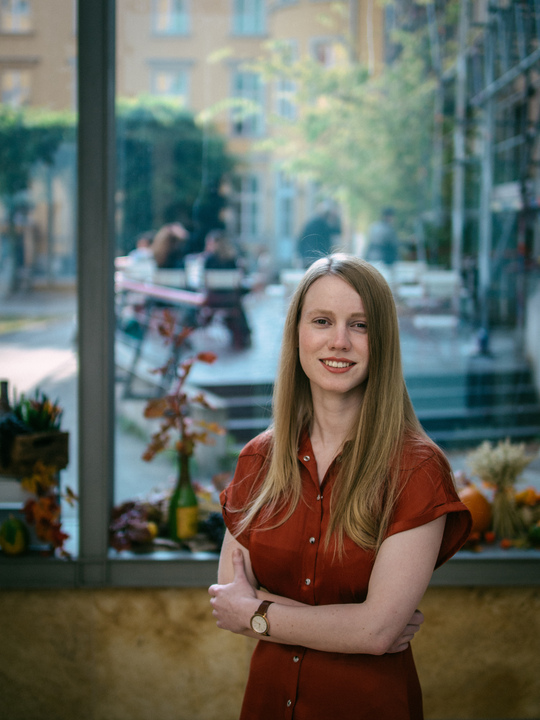We believe in building a community as much as we believe in building code.
PyMCon 2020 is an asynchronous-first virtual conference for the Bayesian community
We believe that the PyMC project is more than just a codebase. It is also a community that is interested not only in statistical methods and code, but also in sharing knowledge and helping others - whether they be Bayesian veterans or new to the world of open source. The purpose of this conference is to better our community, just as we better our code .
The goals of the conference are to:
Create a space and time for community members to meet each other and interact
Record and organize the expertise and experience around PyMC
Help folks find ways to contribute to PyMC, authentic to themselves
PyMCon is a totally volunteer run conference with help from people like you.
Planning Committee
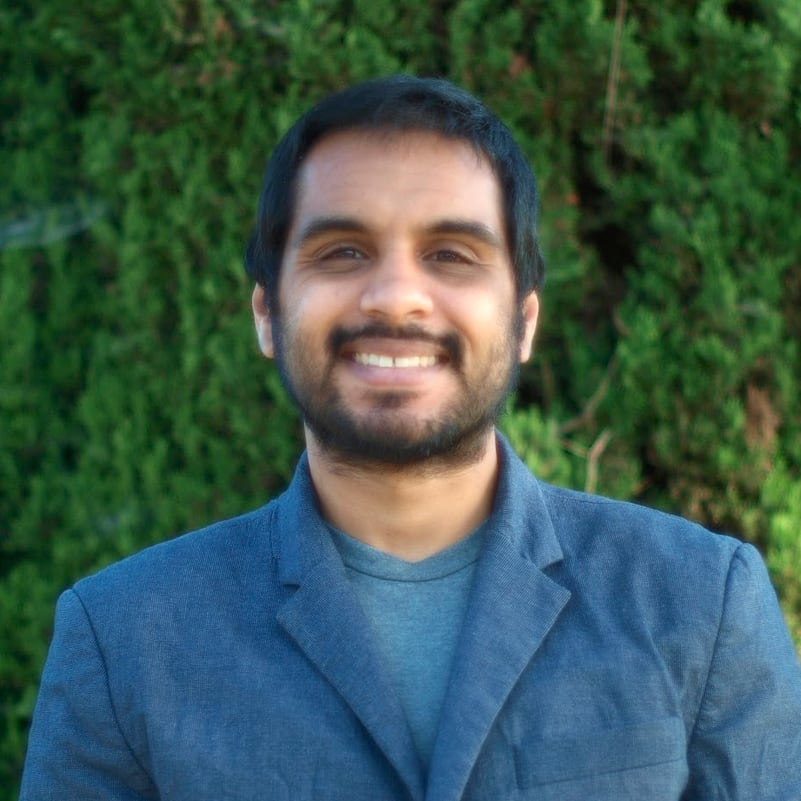
Ravin Kumar
Executive Chair
Ravin is a proponent of open source, but more importantly open knowledge and the communities that surround them.
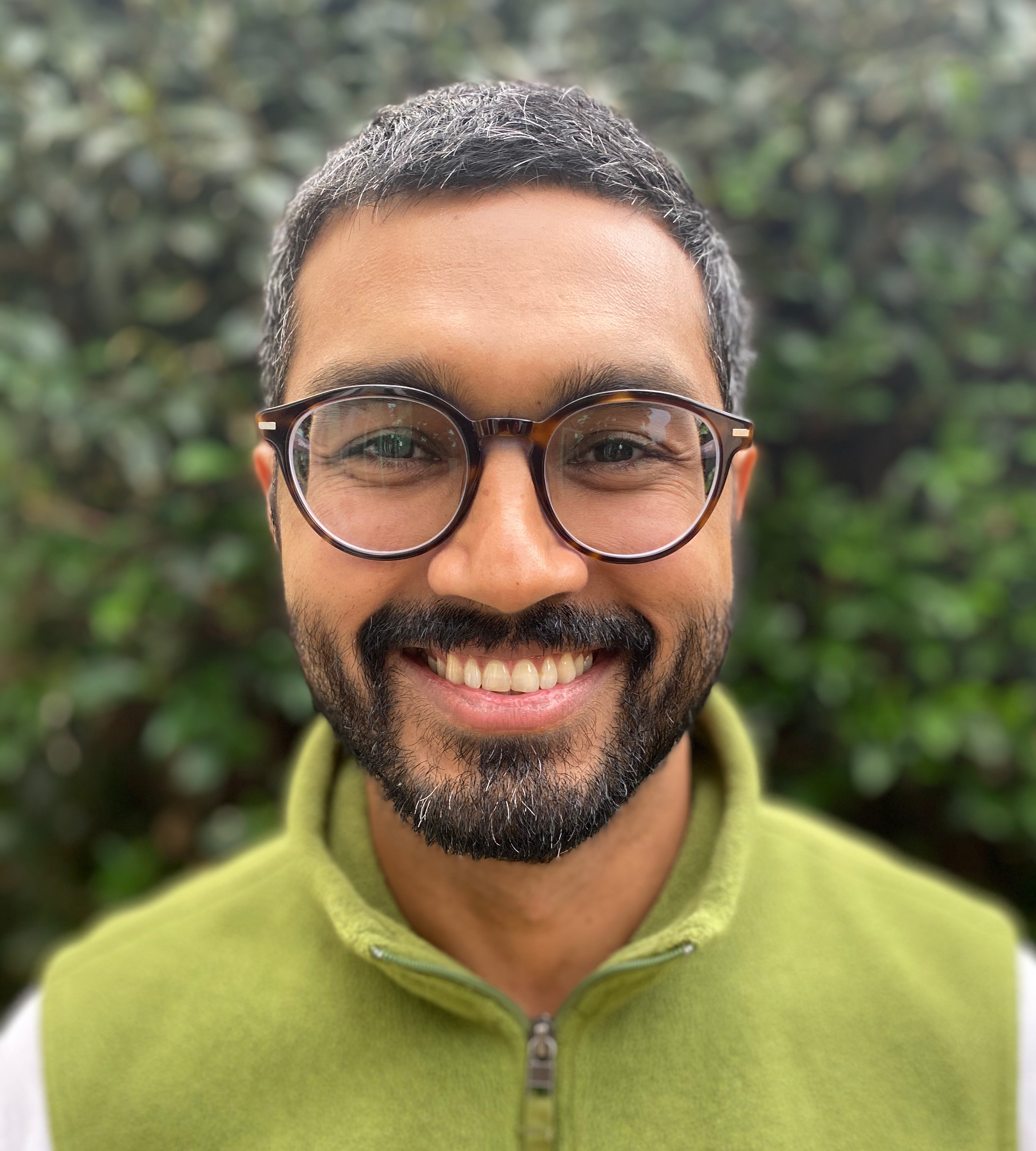
Sid Ravinutala
Marketing Chair
International Development. Statistics/data science for international development. Sounds more confident than he is.
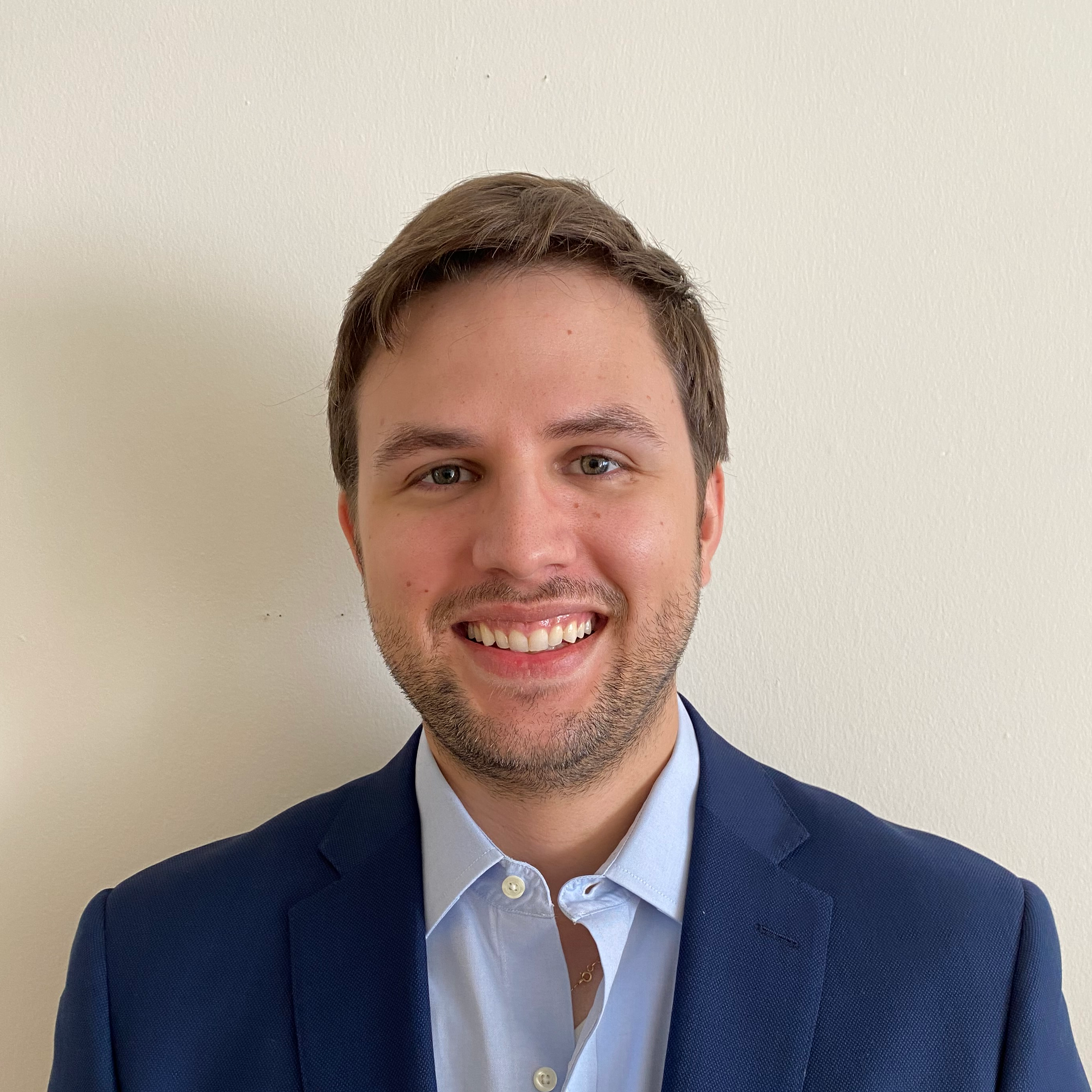
Hector Muñoz
Program Chair
Hector is a Bayesian and open source enthusiast who enjoys learning how to build models for complex systems.

Chris Krapu
Program Committee
PyMC3 Enthusiast, Researcher at Oak Ridge National Laboratory, Tennessee

Cem Tabakci
Volunteer Chair
Opens to any kind of knowledge and believes asking questions helps to solve most of the problems

Alex Andorra
Diversity Chair
ArviZ & PyMC Dev, Modeler @ PyMC | Labs, Host of 'Learning Bayesian Statistics' Podcast 🎙️, Open source & Nutella enthusiast
